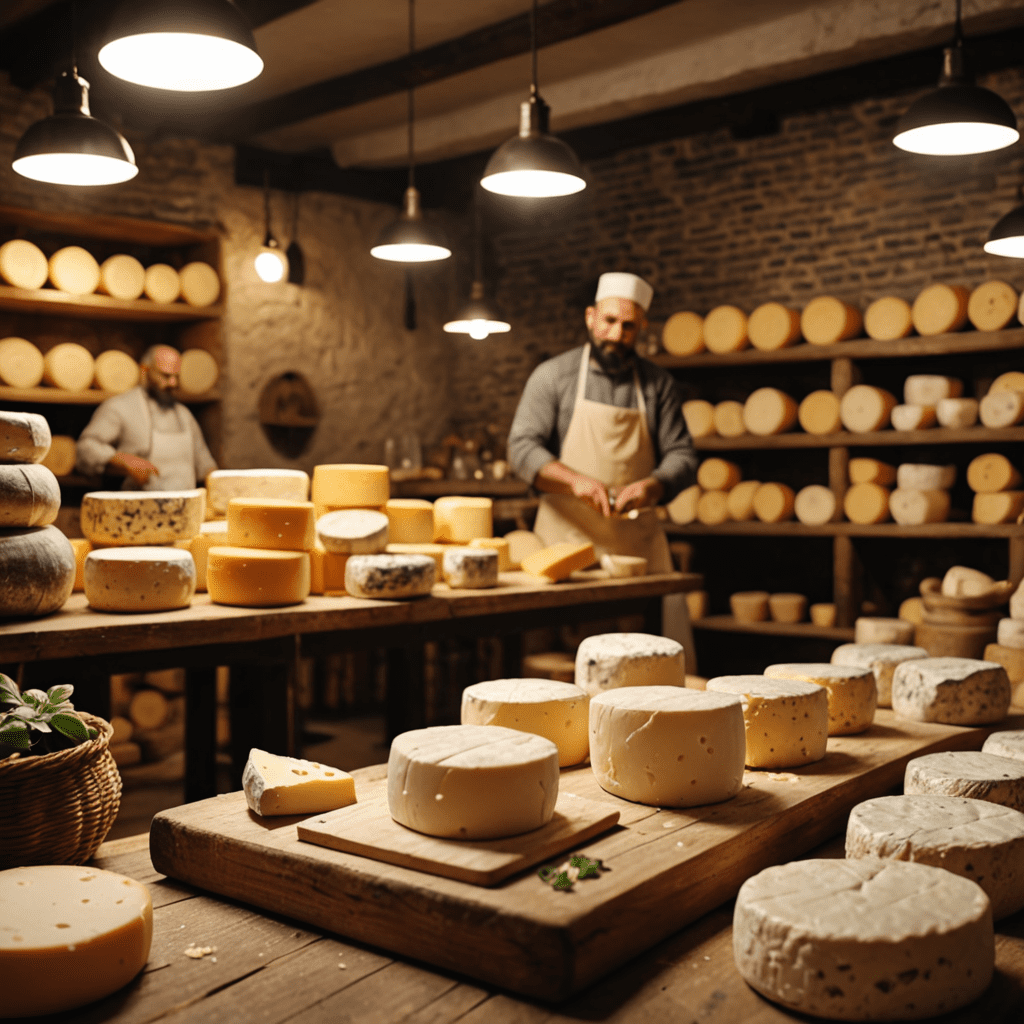Bahrain's Traditional Potions and Herbal Remedies
1. Introduction:
Traditional medicine forms an integral part of Bahrain's cultural heritage and healthcare system. For centuries, the people of Bahrain have relied on natural remedies derived from plants and herbs to treat various ailments and maintain well-being. This rich tradition has been passed down through generations, with many traditional potions and herbal remedies still widely used today.
2. Medicinal Plants of Bahrain:
Bahrain's unique geographical location has given rise to a diverse ecosystem that supports a wide variety of medicinal plants. These plants possess a wealth of therapeutic properties and have been used for centuries to treat a range of conditions, from minor ailments to chronic diseases. Some of the most common medicinal plants found in Bahrain include:
- Aloe vera: Known for its soothing and healing properties, aloe vera is used to treat skin conditions, burns, and wounds.
- Fenugreek: Rich in fiber and antioxidants, fenugreek is used to improve digestion, lower blood sugar levels, and boost the immune system.
- Ginger: Renowned for its anti-inflammatory and antioxidant properties, ginger is used to relieve nausea, reduce pain, and improve circulation.
3. Traditional Potions:
Herbal potions are a staple of Bahrain's traditional medicine. These concoctions are carefully prepared using a combination of medicinal plants and herbs. Each potion is designed to treat a specific ailment, and the ingredients are chosen based on their synergistic effects. Some of the most common traditional potions include:
- Qahwa: A fragrant coffee drink made with cardamom, cinnamon, and cloves, qahwa is believed to have antioxidant and anti-inflammatory properties.
- Sharbat: A sweet and refreshing beverage made with rose petals, orange blossoms, and sugar, sharbat is known for its cooling and soothing effects.
4. Herbal Remedies for Common Ailments:
Traditional herbal remedies have been used in Bahrain for centuries to treat a wide range of common ailments, including:
- Colds and flu: Ginger, honey, and lemon are used to relieve cold and flu symptoms and boost the immune system.
- Headaches: Peppermint, lavender, and chamomile are used to relieve headaches and promote relaxation.
- Digestive issues: Fennel, cumin, and coriander are used to improve digestion, reduce gas, and relieve stomach pain.
6. Anti-Inflammatory Remedies:
Inflammation is a common response to injury or illness, but it can also contribute to chronic diseases if left untreated. Traditional herbal remedies in Bahrain offer a range of anti-inflammatory options, including:
- Turmeric: Curcumin, the active compound in turmeric, has potent anti-inflammatory properties. It is used to treat conditions such as arthritis, IBS, and inflammatory bowel disease.
- Ginger: Gingerol, the active compound in ginger, has anti-inflammatory effects similar to curcumin. It is used to relieve pain, reduce swelling, and improve joint function.
7. Digestive Health Tonics:
Digestive issues are common, and traditional herbal remedies in Bahrain provide effective relief. Some of the most commonly used tonics include:
- Fennel: Fennel seeds are known for their carminative properties, which help relieve gas and bloating. They also stimulate digestion and improve appetite.
- Cumin: Cumin seeds are rich in antioxidants and have anti-inflammatory properties. They aid in digestion, reduce stomach pain, and improve nutrient absorption.
- Coriander: Coriander seeds are used to improve digestion, reduce inflammation, and relieve nausea.
8. Herbal Beauty Treatments:
Traditional herbal remedies in Bahrain extend to skincare and haircare. These natural remedies offer gentle and effective solutions for various beauty concerns:
- Rose petals: Rose petals are known for their antioxidant and anti-inflammatory properties. They are used in face masks and toners to soothe and hydrate the skin.
- Neem: Neem leaves have antibacterial and antifungal properties. They are used in hair masks and skin ointments to treat acne, eczema, and dandruff.
- Henna: Henna leaves are used as a natural hair dye and conditioner. They add color, strengthen hair, and reduce split ends.
9. Safety and Precautions:
While traditional herbal remedies are generally safe, it is essential to use them responsibly. Here are some precautions to keep in mind:
- Consult a healthcare professional: Always consult with a qualified healthcare professional before using any herbal remedies, especially if you have any underlying health conditions or are taking medications.
- Start with small doses: Begin with a small dose of any herbal remedy and gradually increase it as needed.
- Be aware of interactions: Some herbal remedies may interact with certain medications, so be sure to inform your healthcare provider about all the remedies you are using.
10. Conclusion:
Bahrain's traditional potions and herbal remedies offer a rich legacy of natural healing practices that have been passed down through generations. These remedies effectively treat various ailments, promote overall well-being, and preserve the cultural heritage of the country. As we continue to embrace modern medicine, it is essential to recognize the value of traditional remedies and support their preservation and further research.
FAQ:
Q1: Are traditional herbal remedies effective?
A: Traditional herbal remedies have been used for centuries to treat various ailments, and many have been scientifically proven to possess therapeutic properties.
Q2: Are traditional herbal remedies safe?
A: While generally safe, it is essential to use traditional herbal remedies responsibly. Consult a healthcare professional before use, start with small doses, and be aware of potential interactions.
Q3: Where can I find traditional herbal remedies in Bahrain?
A: Traditional herbal remedies can be found in local markets, traditional medicine shops, and some pharmacies in Bahrain.


